WHAT GARON AND JAMIE DID WHEN THEIR ADOPTION FELL THROUGH
Husbands Garon Wade and Jamie Suriano had hoped to make their 3-year-old son Matteo a big brother this year. But after the birth mother chose to keep the baby, the couple had to learn how to accept the emotional costs that come with adoption.
Garon Wade grew up knowing he wanted to be a dad. What’s more, he knew he wanted to be an adoptive dad.
“Even before I recognized that I was gay, I always knew that I wanted to be a parent,” he said. “And I always wanted to adopt. I’m adopted, my sister is adopted, my father is adopted. So when it came to my family, adopting a child wasn’t a result of me being gay. That was a result me being adopted, too, and thinking what an amazing experience it is to give somebody a parent.”
Both men believed Matteo would be their only child, but after two years of raising one son they realized they wanted to grow their family.
“We originally thought when we adopted Matteo that we were only going to have one kid,” Suriano said. “Right around his second birthday, we started talking about having another and thought it would be good for him to have a brother or sister. You see how much fun they are and how much happiness you get out of having a kid.”
Wade and Suriano went back to the same agency they used for Matteo. They followed all the right steps — updated their home study, worked with their social worker and attorney. Finally, the call came through. They would be bringing home a little girl.
Matteo was so close to meeting his baby sister — until that second call came. The birth mother had decided to keep the baby.
“Once you get that call, once someone says you have a child, your heart just goes there,” Wade said. “When you get that second call, it’s such a disappointment. I can remember with Matteo saying, ‘OK, we’ll take this baby, we’ll take care of him the best we can.’ And a part of you wants to remain unattached because there’s the possibility that something could happen.
“That doesn’t work, though, with a child. It’s hard to go halfway.”
The couple lost this chance at a daughter, but both men have learned how to accept the risks of adoption.
Click here to read the entire article.
December 21, 2015 by Michael Lambert via gayswithkids.com

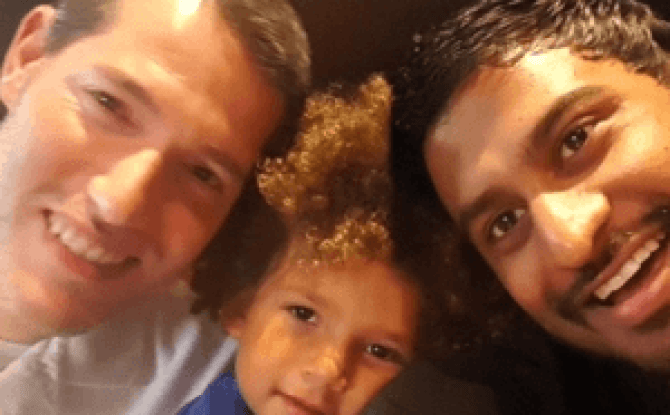
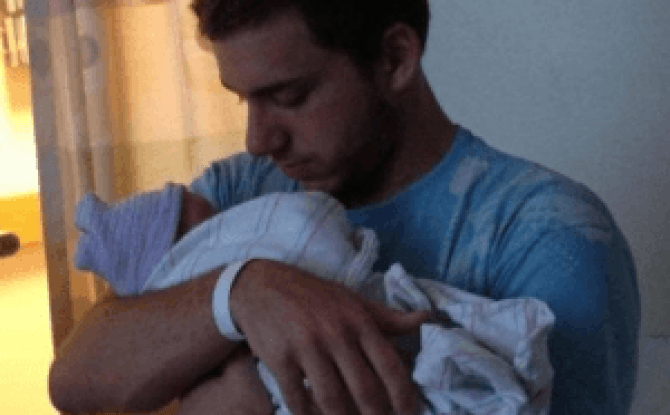

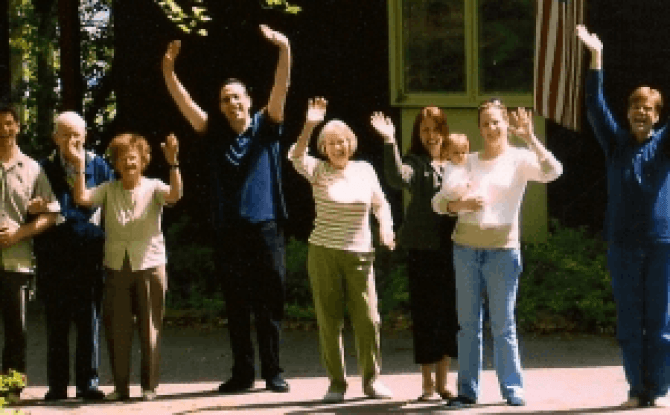
 My husband Gary’s blind Aunt Elda died about 5 years ago. We got her cancer diagnosis a year or so before her death, and it took a while for it to hit home that there was no successful treatment for her ovarian/GI cancer. She had lived outside Gary’s family for many years, in large part due to her husband Chuck. Chuck was perhaps the most prejudiced, bigoted, intolerant man I had ever met. His willingness to make racist or homophobic statements in my husband’s and my presence was almost as strong as his love for Elda. But he physically removed Elda from the family by moving out of state and at one point actually said to her, “you better hope you die first because your family will never be there for you.” Chuck died first. And we were there for her.
My husband Gary’s blind Aunt Elda died about 5 years ago. We got her cancer diagnosis a year or so before her death, and it took a while for it to hit home that there was no successful treatment for her ovarian/GI cancer. She had lived outside Gary’s family for many years, in large part due to her husband Chuck. Chuck was perhaps the most prejudiced, bigoted, intolerant man I had ever met. His willingness to make racist or homophobic statements in my husband’s and my presence was almost as strong as his love for Elda. But he physically removed Elda from the family by moving out of state and at one point actually said to her, “you better hope you die first because your family will never be there for you.” Chuck died first. And we were there for her.

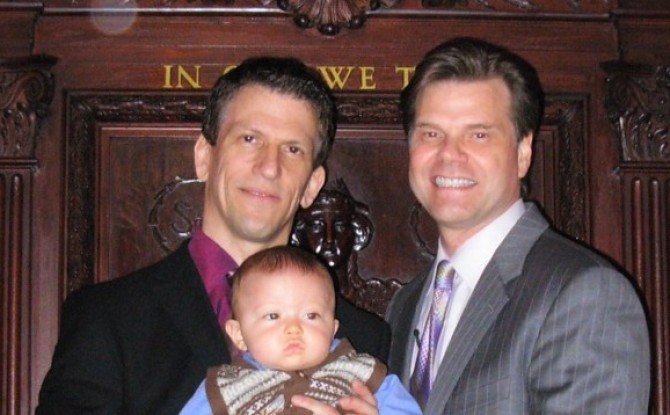


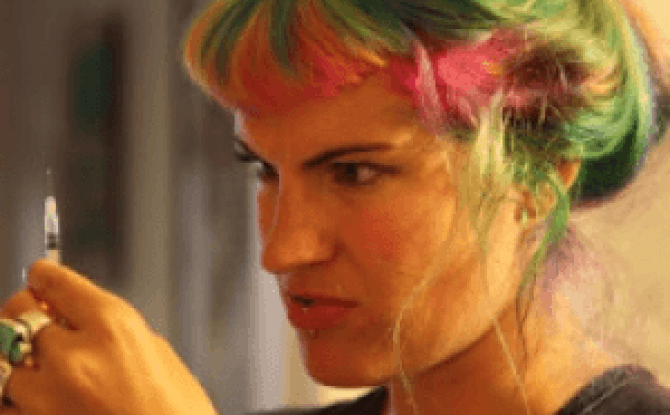
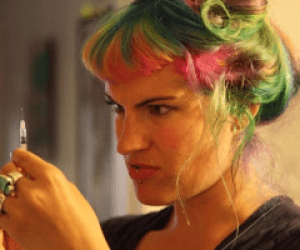
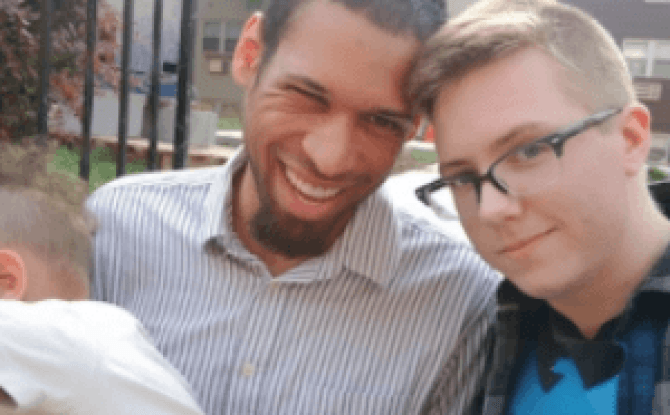
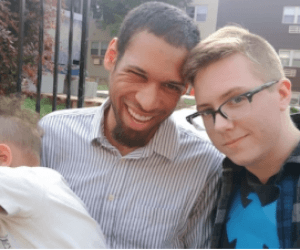 sunshine” experience with their health care providers.
sunshine” experience with their health care providers.
 “Do you remember when you were a kid getting asked what you wanted to be when you grew-up?”Hayes, a 38-year-old who lives near Savannah, Georgia, wrote to him in an email during the summer of 2013. “I really wanted to be a mom. I didn’t care about a fancy career or getting rich. I just wanted to be the best mom I could be.”
“Do you remember when you were a kid getting asked what you wanted to be when you grew-up?”Hayes, a 38-year-old who lives near Savannah, Georgia, wrote to him in an email during the summer of 2013. “I really wanted to be a mom. I didn’t care about a fancy career or getting rich. I just wanted to be the best mom I could be.”